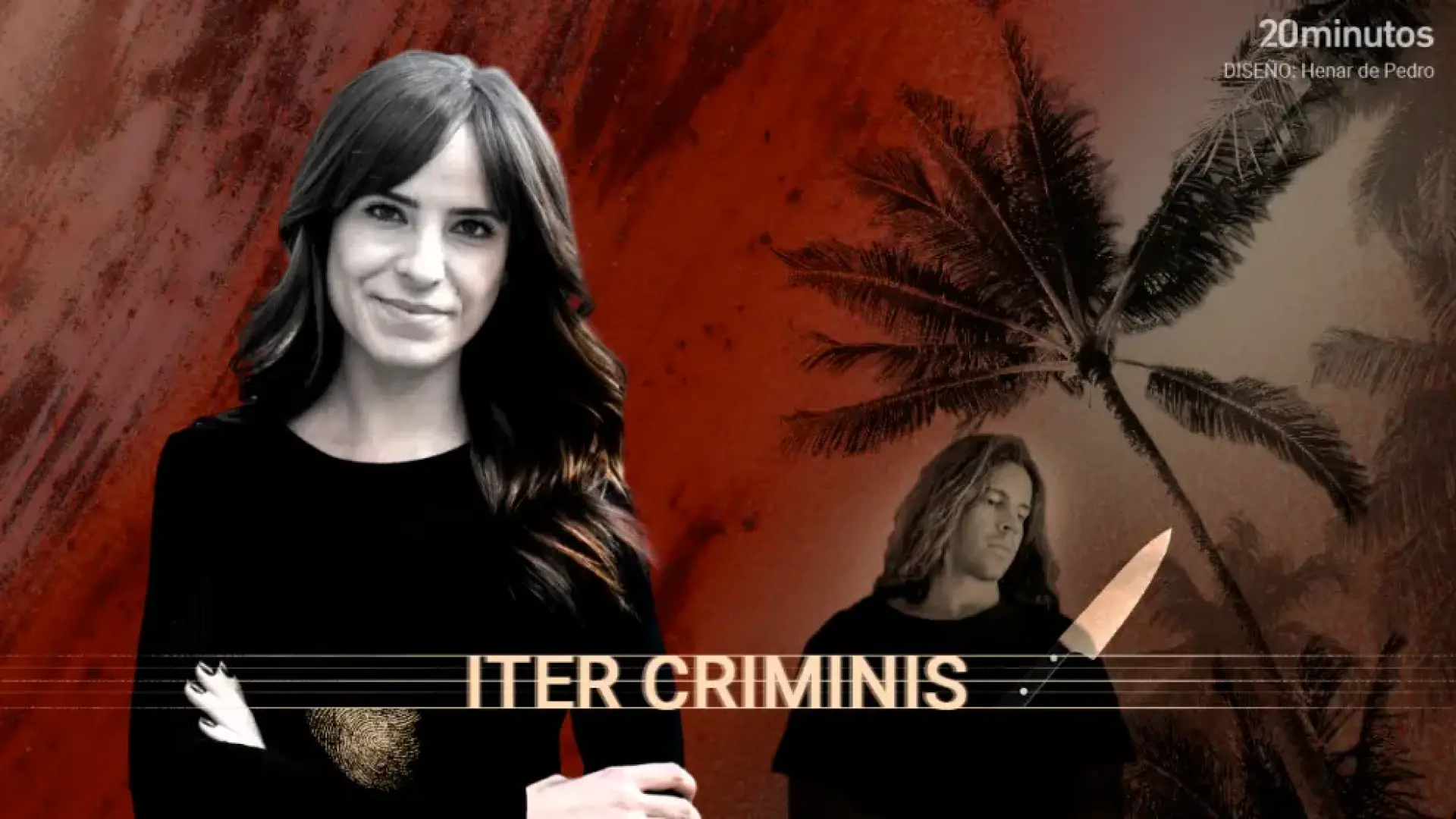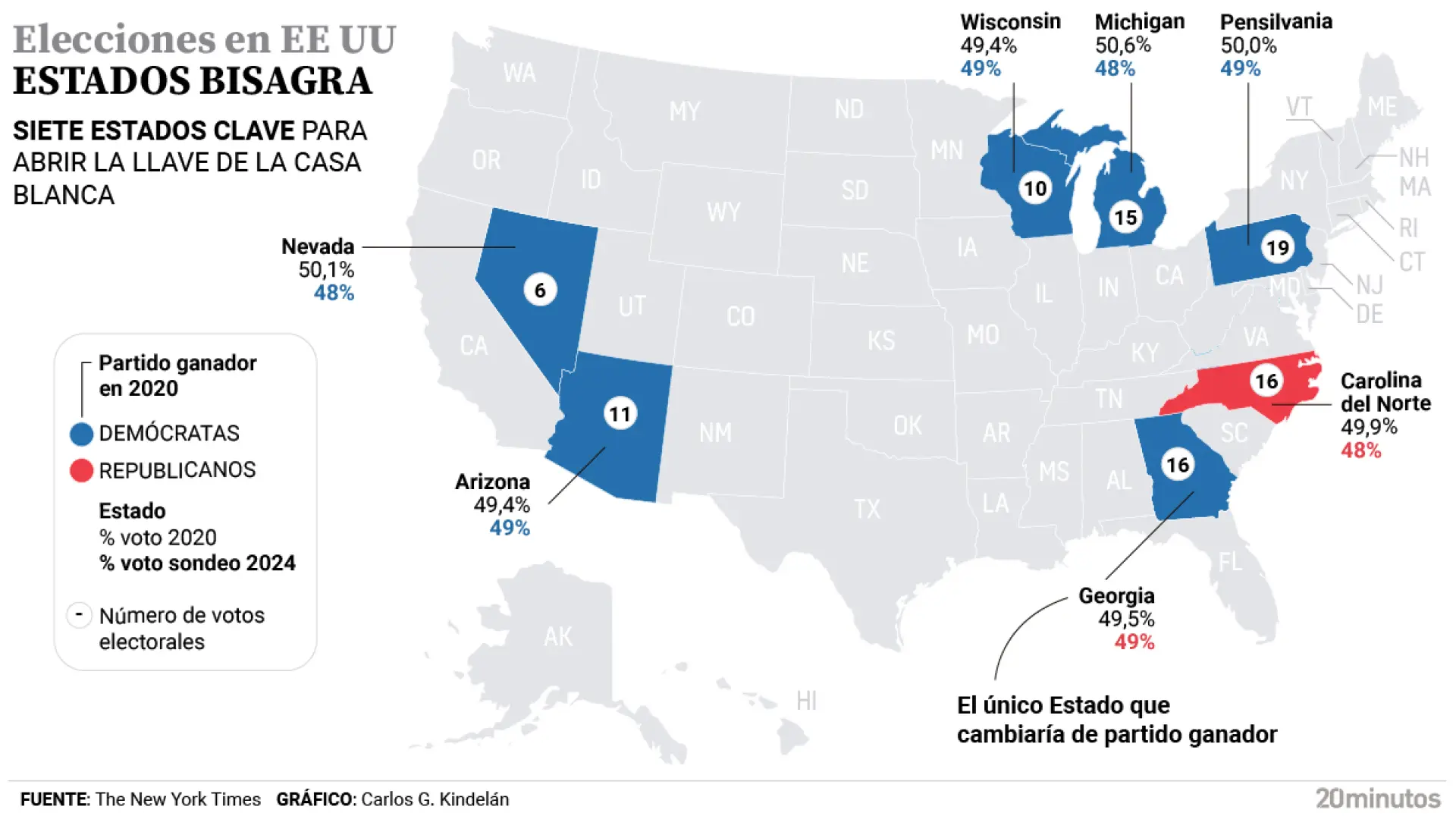Until August 29 all the pieces will be hypothesis, though some are extra profitable than others. What appeared logical at first look may not be sufficient, as a result of in sure instances showing is above being, and though appearances right here don’t appear to deceive, they should be confirmed.
Although Daniel Sancho admitted to having dismembered Edwin Arrieta, He will almost definitely be spared a life sentence. At this level the problem is now not about whether or not or not we imagine his declare. The key is in what will be examined. And, after these weeks of trial, it has not been clear that premeditation could possibly be demonstrated as a result of, from a forensic perspective, there is no decisive proof.
In his final argument, Sancho defined the similar factor as all the time: that Arrieta threatened him, that he wished to sexually assault him, then the battle, and eventually the accident. The coroner confirmed that cranium accidents might have brought on loss of life in the arc of a couple of minutes, and that in that point Sancho might have known as for assist. He didn’t do it. Maybe he might have saved him. But when he noticed him mendacity on the floor, he stated he was left in a state of shock. Because of stress and concern.

How does the ‘shock’ state work?
Is about a routine response to traumatic occasions, and it is a excessive depth emotional and physiological response. The nervous system is activated and responds to the injection of anxiousness skilled. The penalties fluctuate relying on individuals, as a result of not all of us react in the similar means, and the configuration of neurotransmitters, in addition to expertise or character, will modify the response.
There could also be a emotional dullness, a cognitive dissonance. That is, a disconnection from actuality. The notion of oneself, even of the atmosphere, is altered. The topic could have problem understanding what is occurring, and is succesful of appearing in an incongruent method. The skill to really feel or understand feelings is misplaced, and might trigger reminiscence disturbances, disorganized conduct and lack of focus. That is, below a state of shock we’re unpredictable, we act with out purpose, and we aren’t totally in management of ourselves.
Given Sancho’s conduct after the occasions, it will not appear shameless to contemplate this risk. However, even when he was in a state of shock, It doesn’t represent exculpatory proof. It would not justify. If something, clarify. It might present the street that takes a seemingly regular individual to dismember a physique. The mind shouldn’t be underestimated.

What proof does the judge must make the decision?
Extenuating circumstances as a result of psychological alteration are dominated out. There is no trigger of loss of life or homicide weapon. Nor has it been attainable to show that the buy of materials was used in the alleged homicide. The solely factor clear is that the two struggled, as a result of this is demonstrated by the accidents of each. The Thai judge has earlier than him three totally different situations: a premeditated homicide, an intentional murder, or an accident full of coincidences and incriminating circumstances.
It is attainable that Daniel purchased the materials and rented the second bungalow with the intention to homicide Edwin and proceeded, after killing him, to dispose of the physique in the most despicable means.
Likewise, it is attainable that Daniel purchased this materials for his work as a chef, and that determined to kill him after an alleged sexual assault try by Arrieta.
But there is additionally the doubt, it stays to be seen to what diploma of reasonableness, that Sancho didn’t wish to kill him, and that, after the punches and the blow, Edwin died accidentally. The judge has many indications, however not so many assessments.
The penalties that Daniel Sancho faces
Four options are being thought-about: premeditated homicide, intentional murder, and two varieties of reckless murder, relying on severity.
The Prosecutor’s Office asks for the loss of life penaltythough the fact is that there have been no executions in Thailand since 2018, and it will be commuted to life imprisonment, which is what the co-accusation expects if the judge considers that there was premeditation.
Intentional murder, intentional murder, reaches 20 years in jail. Serious reckless murder carries as much as eight years in jail, and fewer critical manslaughter is punishable by six years in jail. There is additionally the risk of transferring the prisoner to Spain as soon as one third of the sentence has been served in Thailand.
The lawyer for Arrieta’s household, Juango Ospina, has even defined that they’d really feel happy with intentional murder, as a result of their intention is to show the homicide, regardless of whether or not additionally they handle to show premeditation.
Thus ends the media dance and the interval of hypothesis opens. There are four months left to know the verdict. The script is written. Now we simply must interpret it.
Biography
Carmen Corazzini He studied journalism and Audiovisual Communication. She specialised with a grasp’s diploma in ‘Advanced Studies in Terrorism: evaluation and techniques’ and one other in ‘Criminology, Victimology and Crime’.











